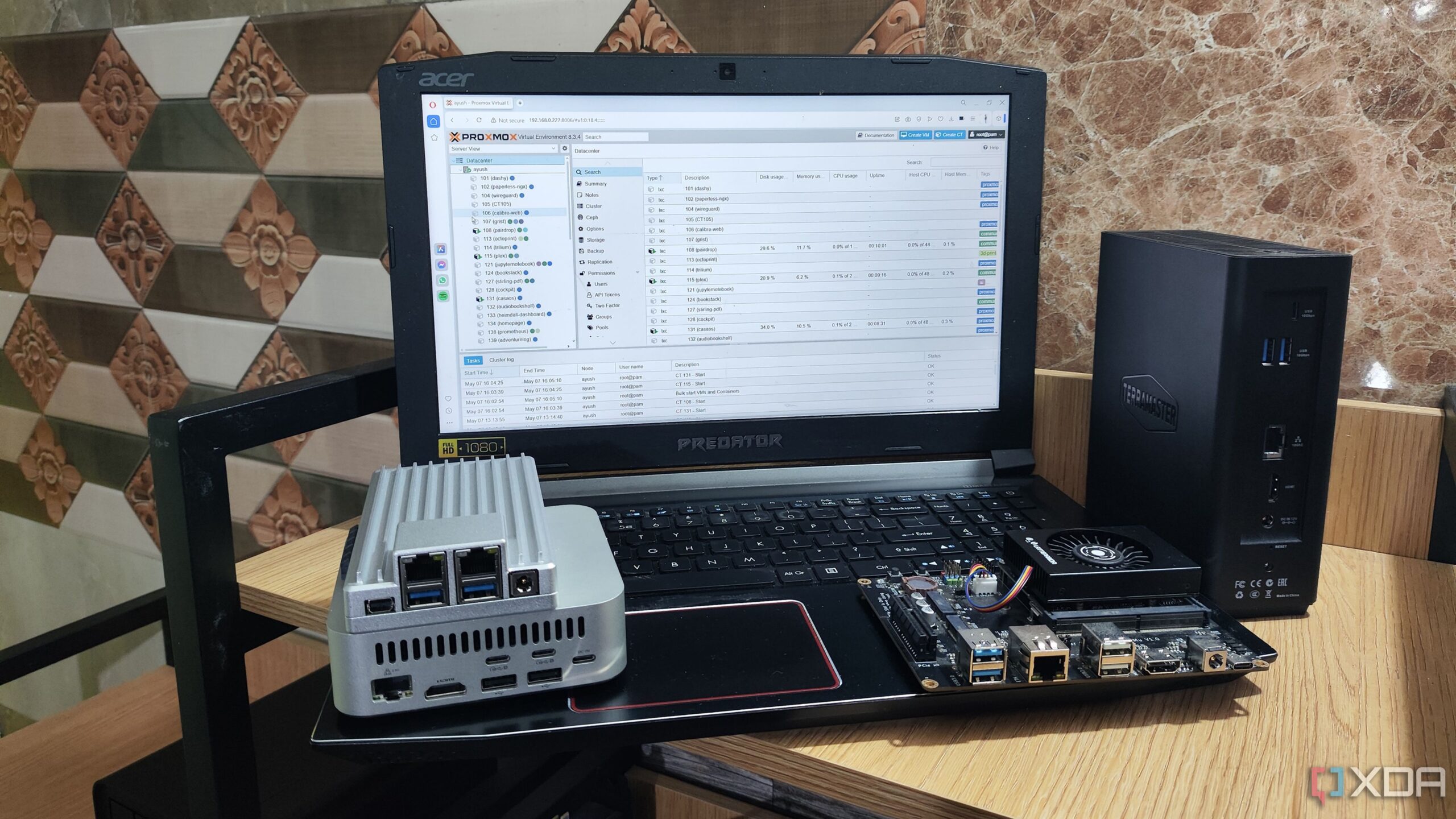URGENT UPDATE: A wave of users is abandoning self-hosted services as frustrations mount over reliability issues. Many enthusiasts are pulling the plug on popular platforms like Nextcloud and Plex, citing significant technical challenges and diminished user experience.
Reports from October 2023 indicate that users attempting to break free from corporate cloud dependencies are instead facing a barrage of sync failures, unexpected changes to service terms, and overwhelming maintenance demands.
Nextcloud, once hailed as a robust alternative to platforms like Google Drive, is receiving backlash for persistent sync issues that have left users scrambling for solutions. Despite its promise of seamless file access and integration capabilities, many are finding that a simple $0.99 subscription to Google Drive offers more reliability for their needs.
The issues don’t stop there. Long-time users of Plex are also expressing dissatisfaction. Recent updates have introduced paywalls to features that were previously accessible, alongside privacy concerns regarding shared watch histories. This has prompted many to explore alternatives like Jellyfin, an open-source solution that eliminates subscription fees.
Password management has not been immune to these challenges. While Bitwarden initially seemed like a straightforward self-hosting solution, it has become problematic for users traveling away from home. Users report losing access to their password vaults during brief outages, leading to a swift return to the official Bitwarden service for many.
Another service under scrutiny is Pi-hole, which offers network-wide ad-blocking. Users have reported overwhelming frustration due to its tendency to crash and high CPU usage, pushing them to seek more stable DNS solutions.
Finally, the allure of setting up a personal email server has faded as users face overwhelming maintenance demands and the risk of missed communications. Many are opting to stick with established providers like Gmail, prioritizing convenience over control.
As more users share their experiences online, the self-hosting community is witnessing a shift. While tinkering with servers remains appealing, the practicalities of running mission-critical services are prompting many to reconsider their strategies.
What’s next? Users are advised to weigh the benefits of self-hosting against the reliability of established services. The conversation around self-hosted solutions continues to evolve as more individuals share their stories of triumph and frustration.
With ongoing developments in the tech landscape, this trend of users abandoning self-hosted services is one to watch closely. Will this signal a return to corporate solutions, or will the community innovate new ways to enhance self-hosted reliability? Only time will tell.
